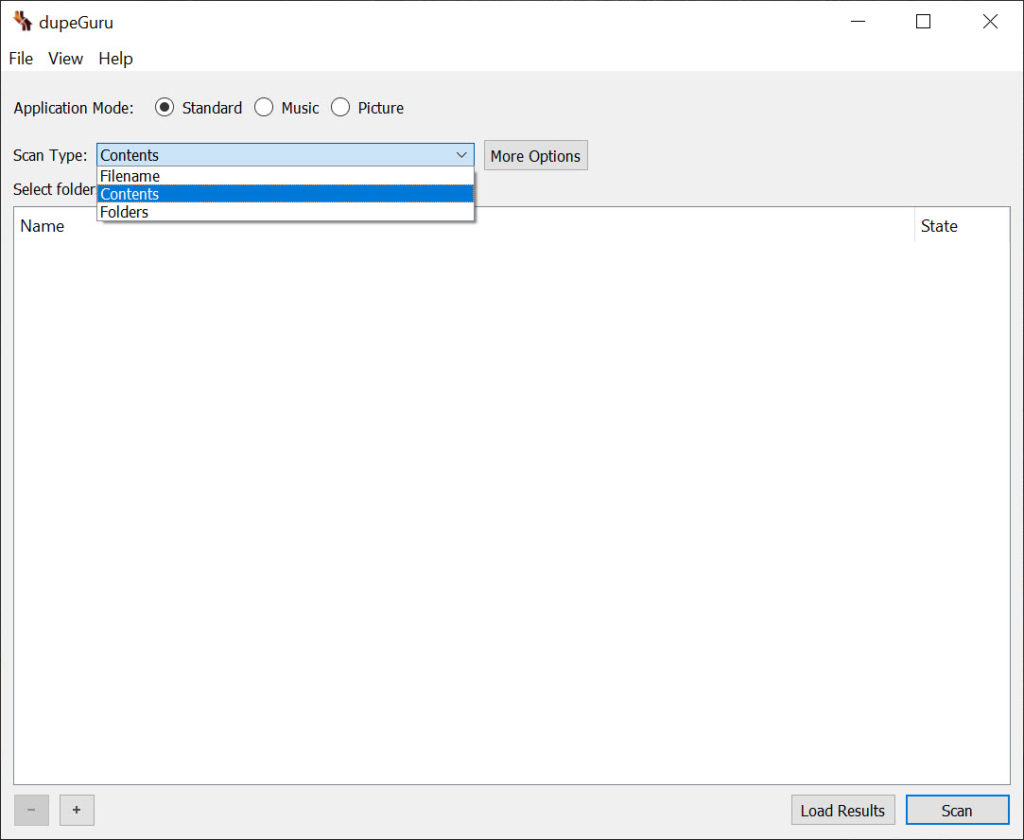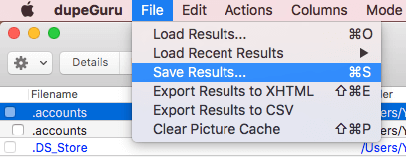
Whatever you decide it requires you to do some typing, it's not difficult you just need to take care. The resetpassword tool seems to fail to fix permissions on occasion so the other options would be my first step. It will "Reset Home Folder Permissions & ACL's" Then click the Reset button at the bottom right. Select your user account in the popup menu. The GUI app will open, select the main boot disk. Recovery mode should startup (assuming you have a recovery partition). It may not help, but it might…īoot holding cmd+R. Ive run into this as well, solution is usually to be sure to run the program as an administrator (right click, run as administrator.).

One more possibility, try resetting your home folder permissions. The OS tries to protect files & it appears you don't have permission to remove them, so it will require work to deal with that.
#WHAT TO DO IF ACCESS IS DENIED ON DUPEGURU INSTALL#
You can install one of the apps & run that one command I linked to use that app as root, that will remove them all, but does risk doing other damage if you choose to delete the wrong thing.Īnother option is to use Terminal to 'rm' the folder as root - but once again that is a risk. If you do have a lot of data, then bigger disks are a very cheap solution. Audio files just aren't all that big, and they're often compressed. I would not expect much savings from removing samples, either - not without a whole lot of duplication. It would not surprise me to see an audio package store a copy of the sample right in the package, as that would make the resulting audio composition project more portable.Ĭheck with the folks supporting the Ableton audio package, as they'll be able to tell you if there are copies maintained, or if they're using links. (I'd wonder if whichever one you're attempting to delete is the canonical and reference copy for the Ableton application, and protected against errant deletions - that'd explain all of what's happening here.) It's possible that there are links here that there are two paths to the same file. Use the following command to check each of the two files for protection, ownership and status: I'm also not certain whether the double // or the colon is being used as a delimiter? Or is that embedded in the path? Has embedded spaces, which means you'll have to escape those characters or quote the paths.

Your users/my name/desktop/ableton/samples/drum rack//kicks/samples:loops/samples/Drum rack/snares Unix usually has all file systems united, so you might have two physical devices, but you'll have one file system covering both.


 0 kommentar(er)
0 kommentar(er)
